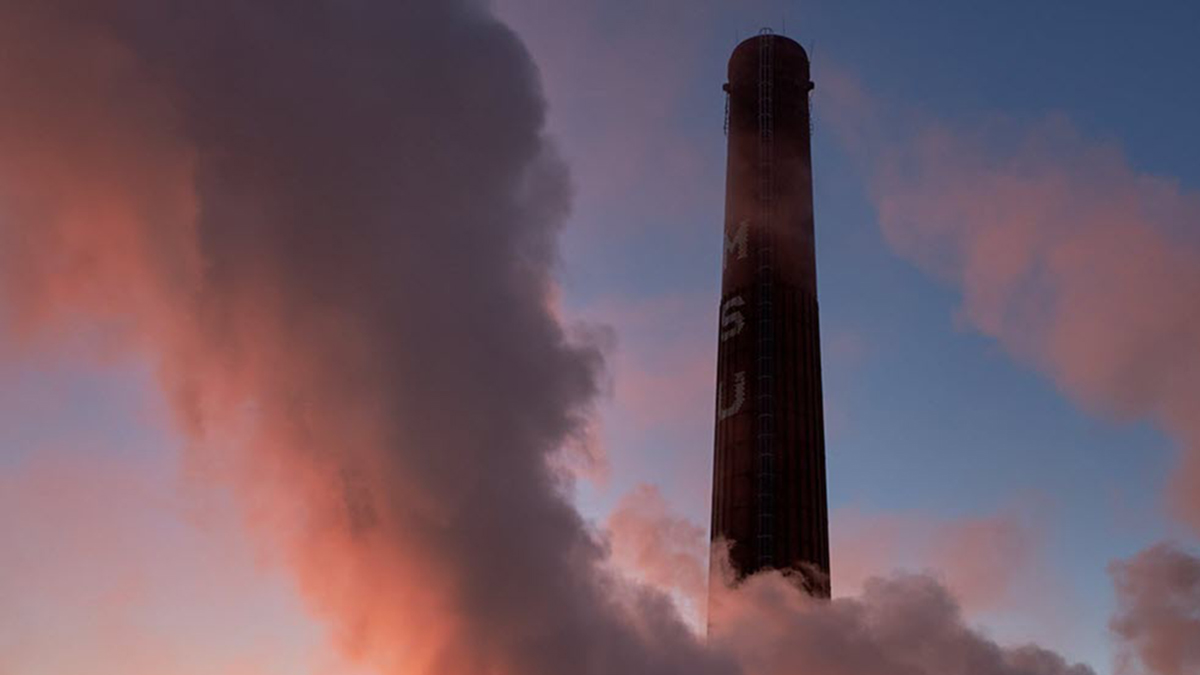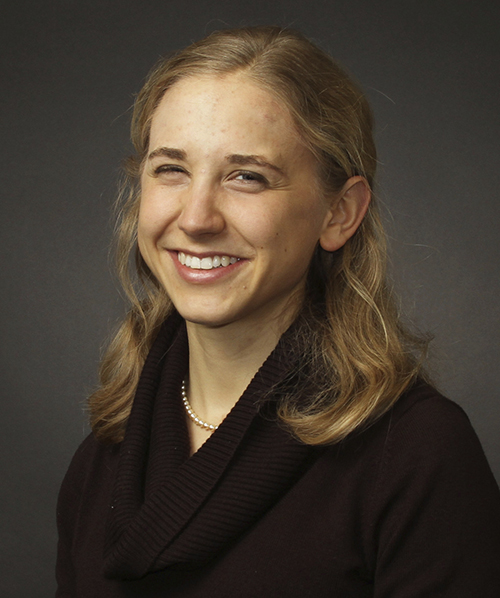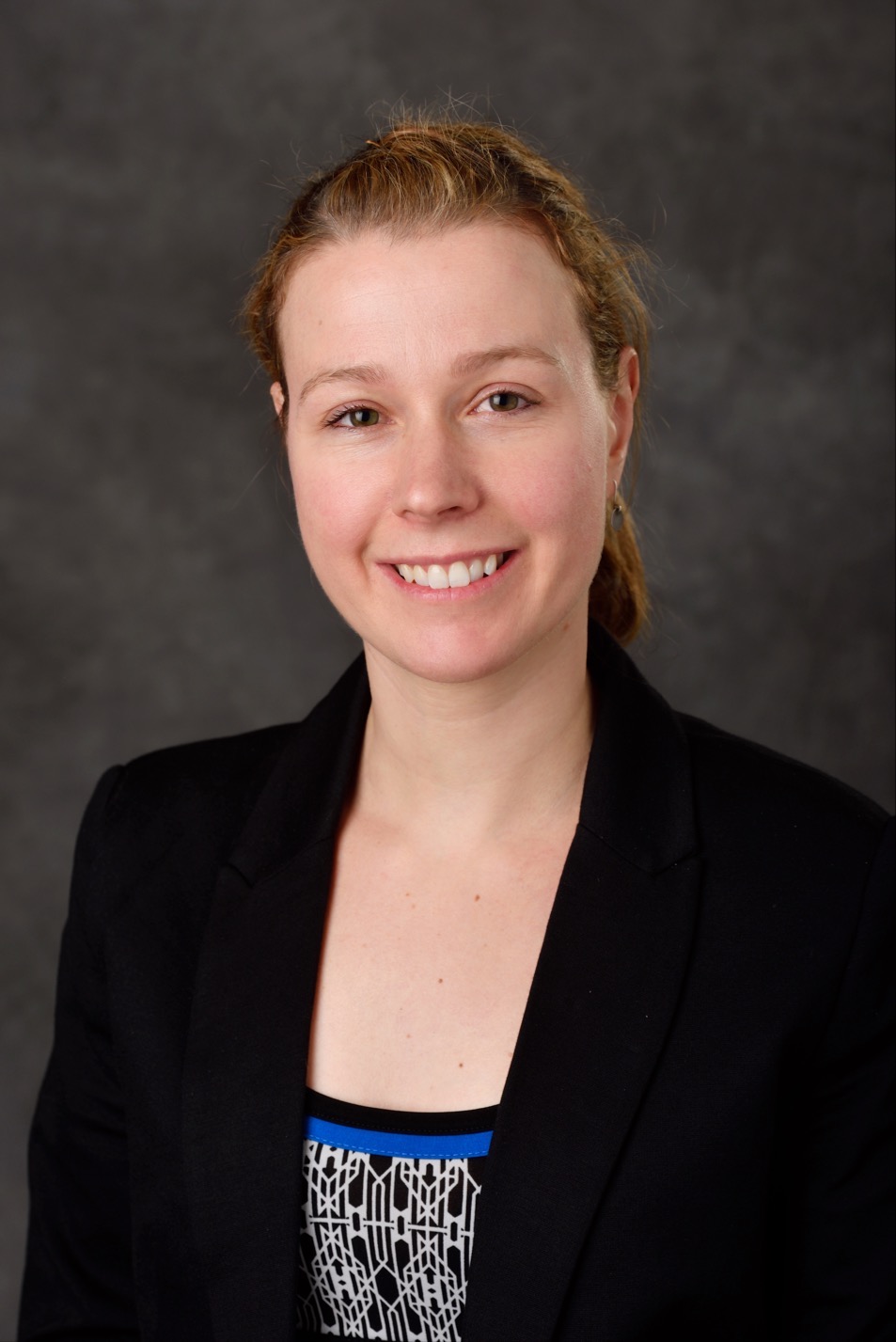Michigan State University will be home to a new Industrial Assessment Center, or IAC, where faculty, staff and students will work with Michigan companies to save money, improve energy efficiency and shrink carbon footprints.
The U.S. Department of Energy has awarded MSU $2.25 million over the next five years for this effort, which will support Michigan’s small and medium-sized manufacturers and commercial buildings. This is part of a national DOE initiative that began in 1976 and now funds 32 IACs across the country.
MSU’s will be the only one operating in Michigan and the state’s first since 2017.
“We have so much manufacturing in Michigan, but we didn’t have an IAC,” said Kristen Cetin, the director of MSU’s center and an assistant professor in the College of Engineering.
“It’ll be nice to fill that void,” she said. “Even though we’re starting something new for MSU, we’re really not starting from square one because we have a lot of collaborative support. We have a large, diverse and cross-disciplinary team.”
“We spent a lot of time on Zoom developing this proposal — it felt like we talked to everyone in Michigan,” said Cetin’s colleague, Annick Anctil, with a laugh.
“But we both like working with lots of people,” said Anctil, who is the center’s assistant director. “A big part of this center is trying to reach communities and manufacturers who haven’t traditionally been represented in these projects.”
This goal of being more inclusive, explicitly stated by U.S. Secretary of Energy Jennifer M. Granholm when DOE announced the 2021 IAC cohort on July 26, resonated with Cetin and Anctil. Not only does the emphasis align with MSU’s values, but the university also has the breadth of expertise needed to help Michigan’s diverse array of manufacturers and commercial workspaces.
“Michigan State University is a world-class institution and a global leader in groundbreaking discoveries that are not only saving lives but creating jobs,” said U.S. Sen. Gary Peters, D-Bloomfield Township, and a member of the Senate Commerce, Science and Transportation Committee. “MSU will continue playing a key role in innovations that will help manufacturers save costs and reduce their carbon footprint.”
The College of Engineering provides the nucleus for the IAC, with faculty involvement spanning several departments, including Cetin and Anctil’s home in the Department of Civil and Environmental Engineering.
"The IAC builds upon MSU’s rich history of collaboration with small and medium-sized enterprises in Michigan for the common good,” said Leo Kempel, dean of the College of Engineering. "Ensuring clean water, air and communities for the people of Michigan — while assisting local companies with transformation of their business based to support new markets and customers — has been part of the College of Engineering’s mission since the first class at the end of the 19th century. It continues forward into today and tomorrow.”
Beyond the College of Engineering, MSU’s assessment center will capitalize on the wealth of experience and expertise found in MSU Extension, the Office of Sustainability, Infrastructure Planning and Facilities and the Construction Management Program. MSU is also collaborating with Henry Ford College in Dearborn, Michigan, and Michigan Technological University in the Upper Peninsula to ensure that the IAC is suited to serve all of Michigan.
“Key to this project’s success will be its collaborative nature. By aligning academic, extension and administrative units, and bringing together university and community college partners, this center leverages expertise from diverse perspectives and backgrounds,” said George Berghorn, assistant professor at MSU in construction management and the IAC’s co-lead for student training and the community college partnership.
The center will utilize the Construction Management Education and Research Lab for student training and as a collaboration space for the team. It will also capitalize on existing teaching, outreach and research efforts related to safety, green building, sustainability, and energy efficiency at all the partner institutions.

Experts from these institutions will lead the assessments of Michigan’s manufacturing and commercial facilities. Students will play a critical role in evaluating a company’s costs, energy usage and productivity, as well as offering recommendations for improvements.
“Students will participate in significant field work, through conducting assessments with real manufacturers in real buildings,” Cetin said. And these opportunities will be open to any student who is interested in sustainability and energy efficiency, not just engineering majors. The center will support more than 35 students per year assessing manufacturing and commercial buildings.
“One of the goals of this center is workforce development,” Cetin said. “We are trying to improve the pipeline of students available who have the skills to support the manufacturing and energy sectors of the future.”
She and Anctil are excited about the opportunity to support Michigan’s storied and dynamic manufacturers, while continuing to train and promote new opportunities for the next generation of leaders and innovators.
“It’s not super common to see women in industrial assessment,” said Anctil. “So, for me, that’s also an exciting thing — having two women as leaders of this center — which will hopefully interest a more diverse group of students across the board.”
For so many reasons, MSU is a natural fit for the state’s newest IAC.
“We have all these different parts working on sustainability between the School of Planning, Design and Construction, IPF, Extension and our engineering departments connected with manufacturing. All of these different areas have had links in the past, but we didn’t really have a central force pulling them together until now,” Cetin said. “This is a good opportunity for the university and for the state.”

